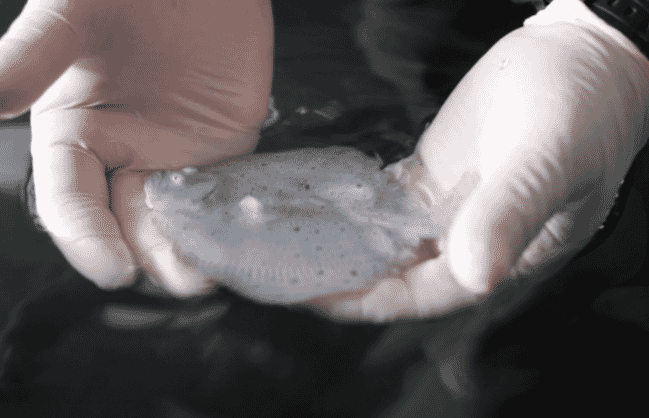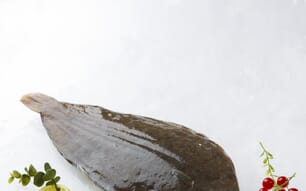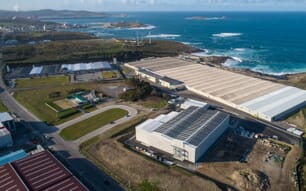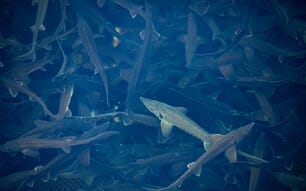The company’s Q1 report, released today, shows an operating loss of $9.8 million, down from a profit of $1.7 million in the fourth quarter of 2019.

Commenting on the company’s results and outlook, Niels G Stolt-Nielsen, CEO of the Norwegian firm, said that Stolt Sea Farm (SSF) “was quickly impacted by the pandemic, due to widespread shutdowns of restaurants and hotels in SSF’s main markets in Spain and Italy, resulting in a significant write-off of biomass inventory value.”
Revenues were $25.8 million, compared with $26.6 million in the fourth quarter of 2019. Revenue from turbot sales was essentially unchanged, as prices edged slightly higher, while volume sold declined marginally. Sole revenue decreased by 29.5 percent, as volume sold declined by 32 percent due to lower production, while prices rose by 2.2 percent. Caviar revenue increased by 7.6 percent, driven by a seasonal price increase of 14.6 percent, though volume sold was down by 16.1 percent due to the low volume of stocks preceding the new harvest season.
Looking at the financial outlook of the group as a whole, including SSF, the CEO added: “The severity and duration of the expected recession are, obviously, impossible to predict. So, while we are hoping for the best, we are preparing for the worst. Actions include extensive measures to conserve cash and to reduce costs, while delaying or eliminating capital expenditures and projects across the full spectrum of our businesses. We have so far managed to find approximately $83 million of savings from capital expenditures and operating and administrative and general expenses, including that the board of directors has agreed to cut board fees by 50 percent and our senior management team has volunteered to take a salary cut of 20 percent, effective April 1. On the revenue side, we are diligently working to maintain our strong customer base by renewing contracts, while also aggressively pursuing new business and working closely with customers to create new solutions to help them adapt in this constantly changing environment.”




